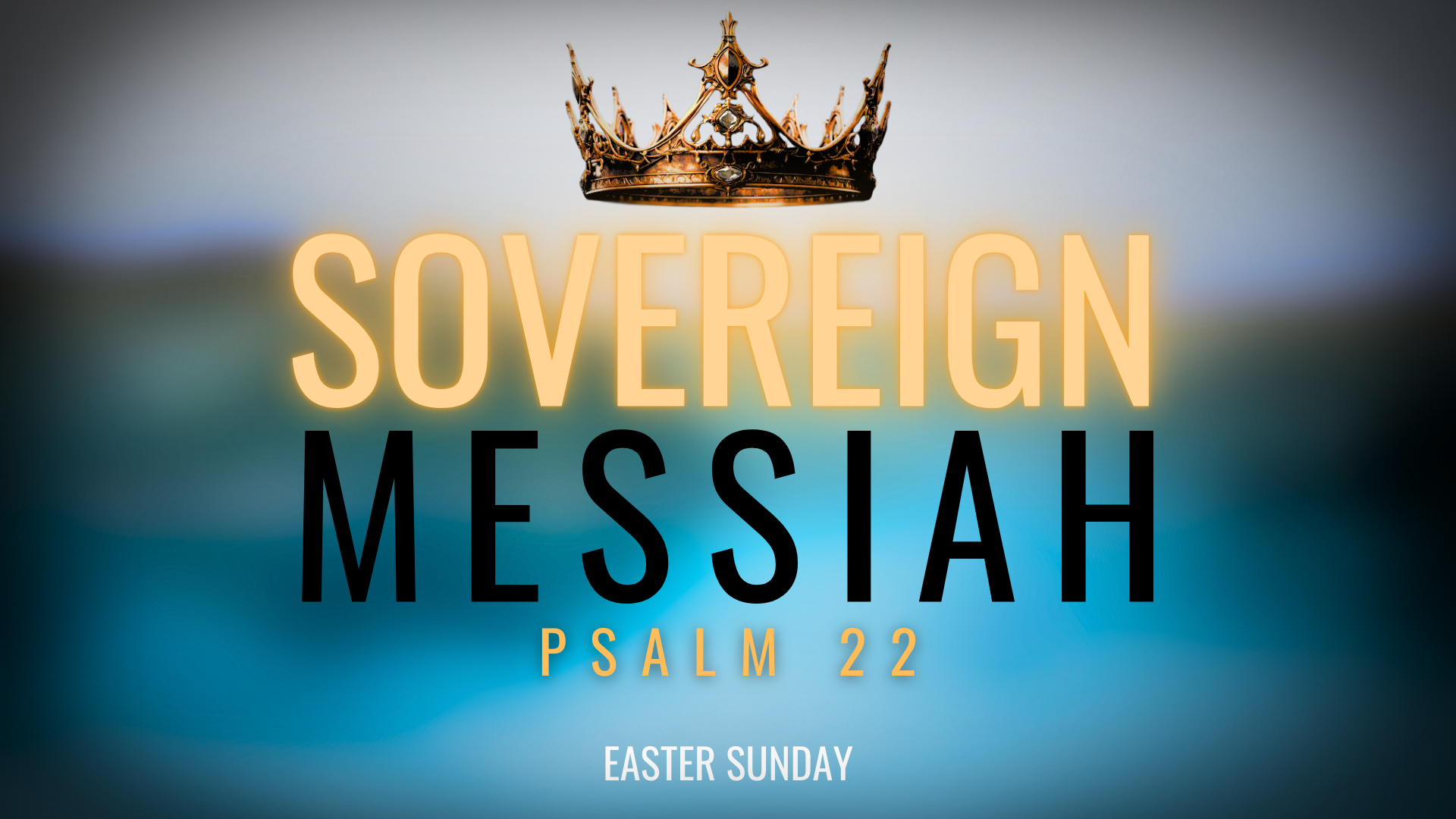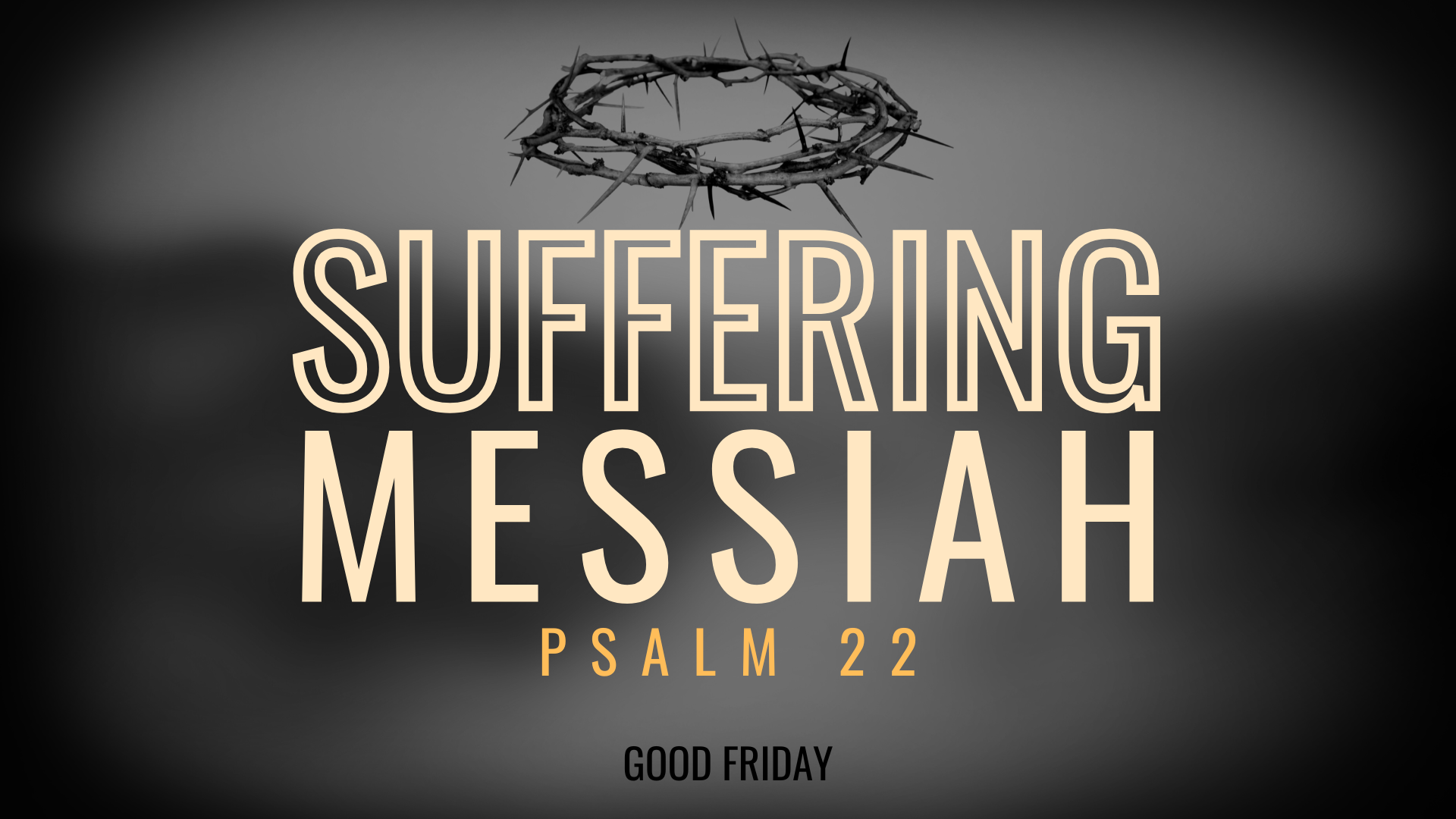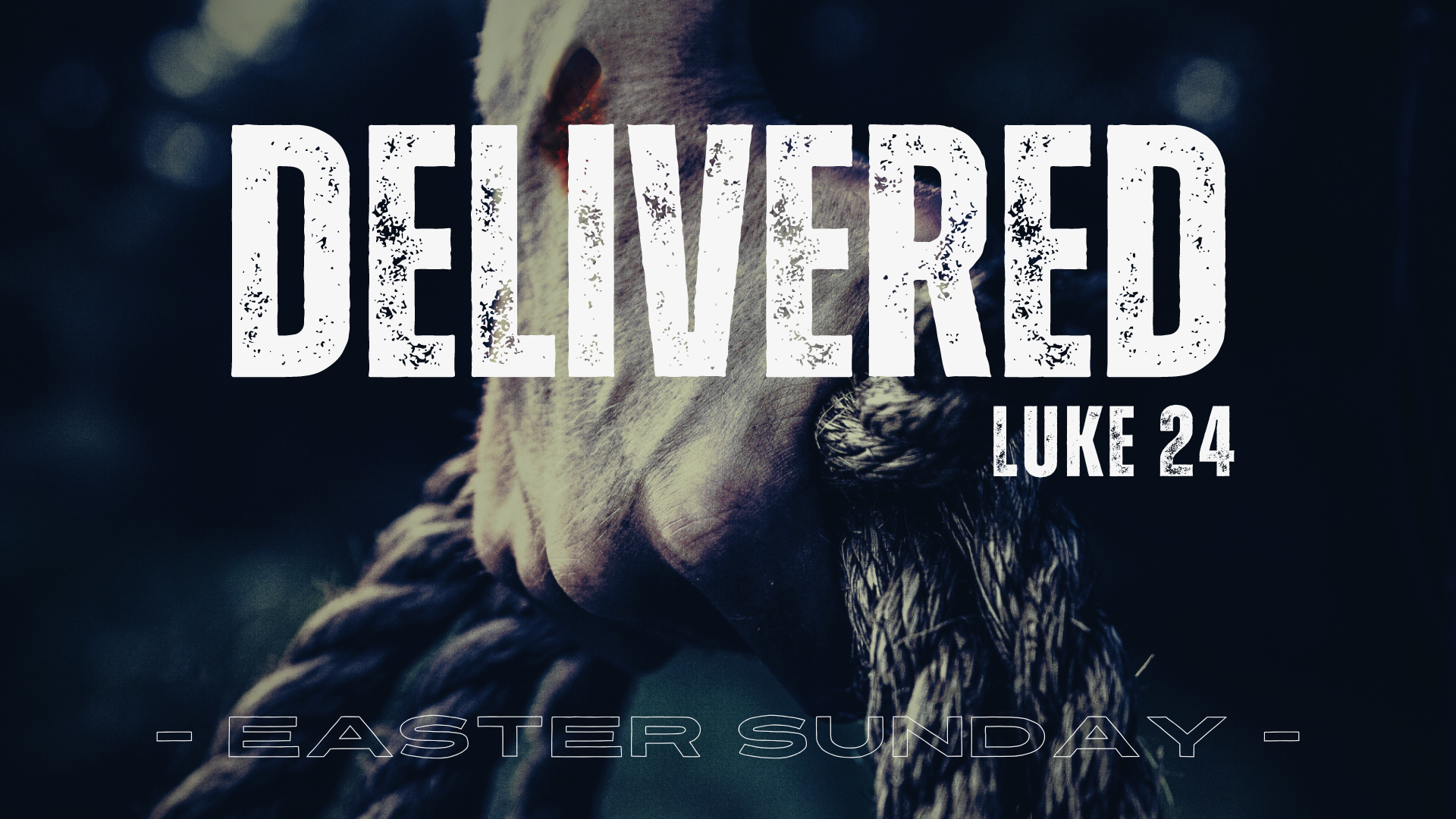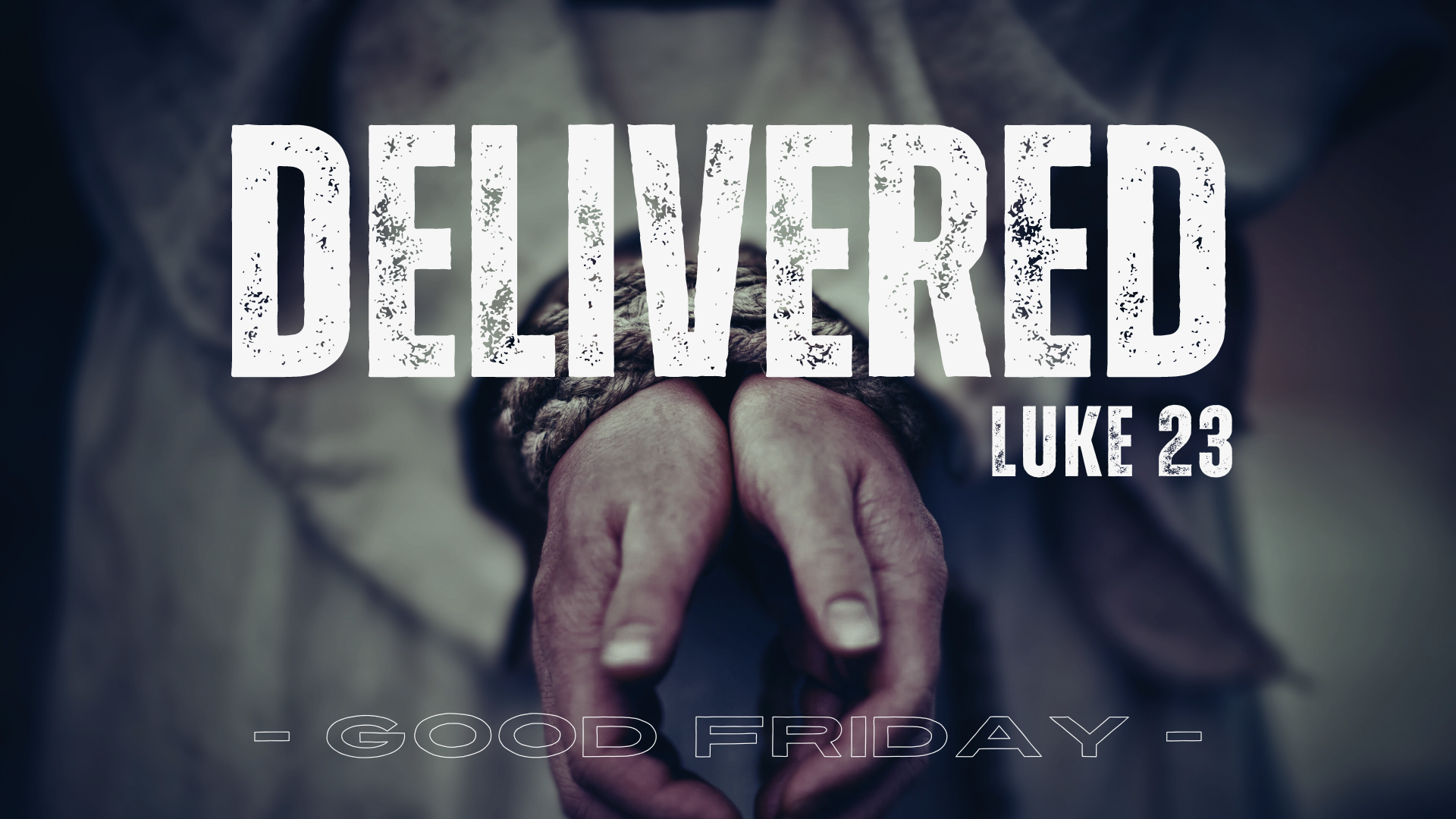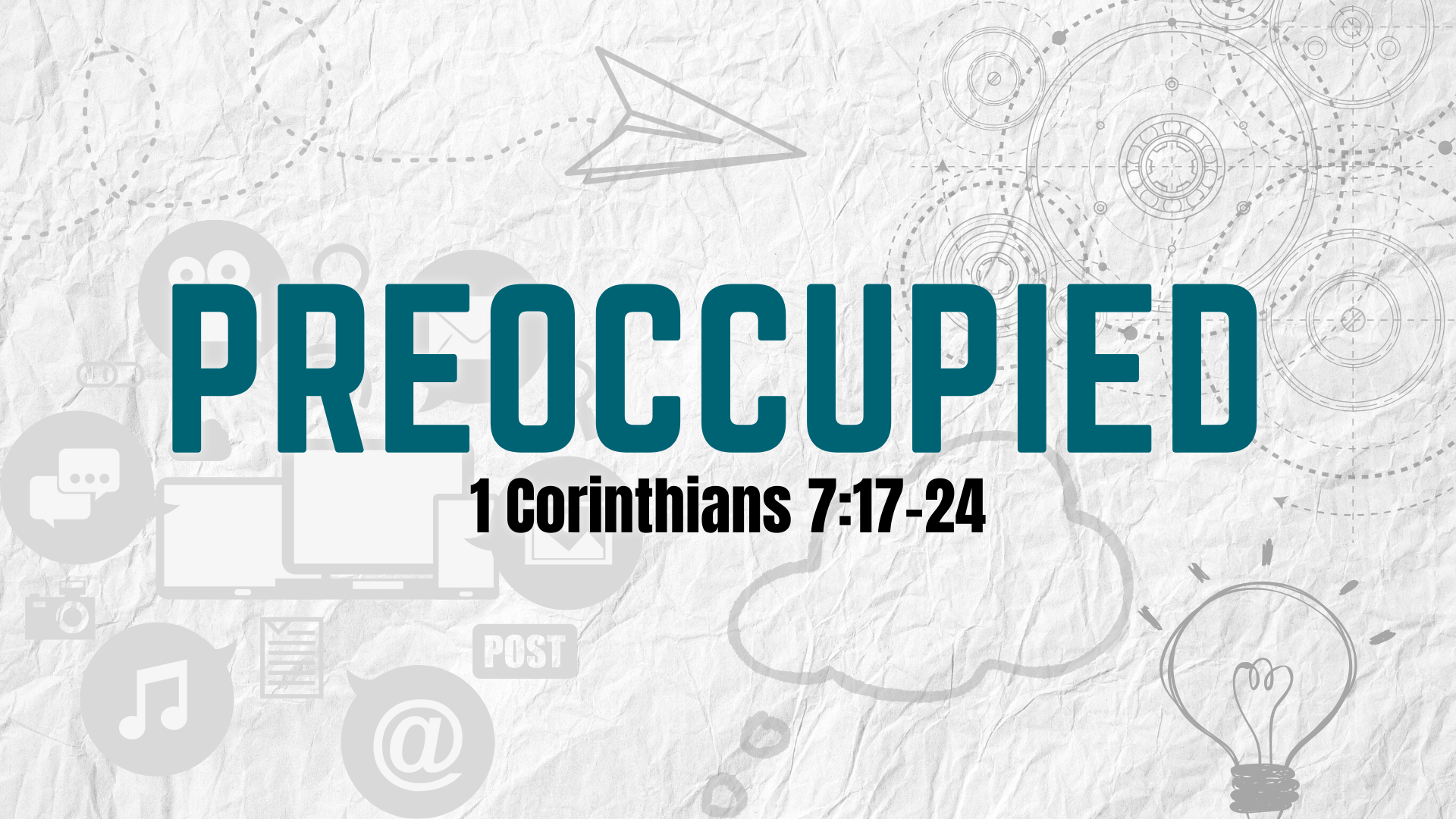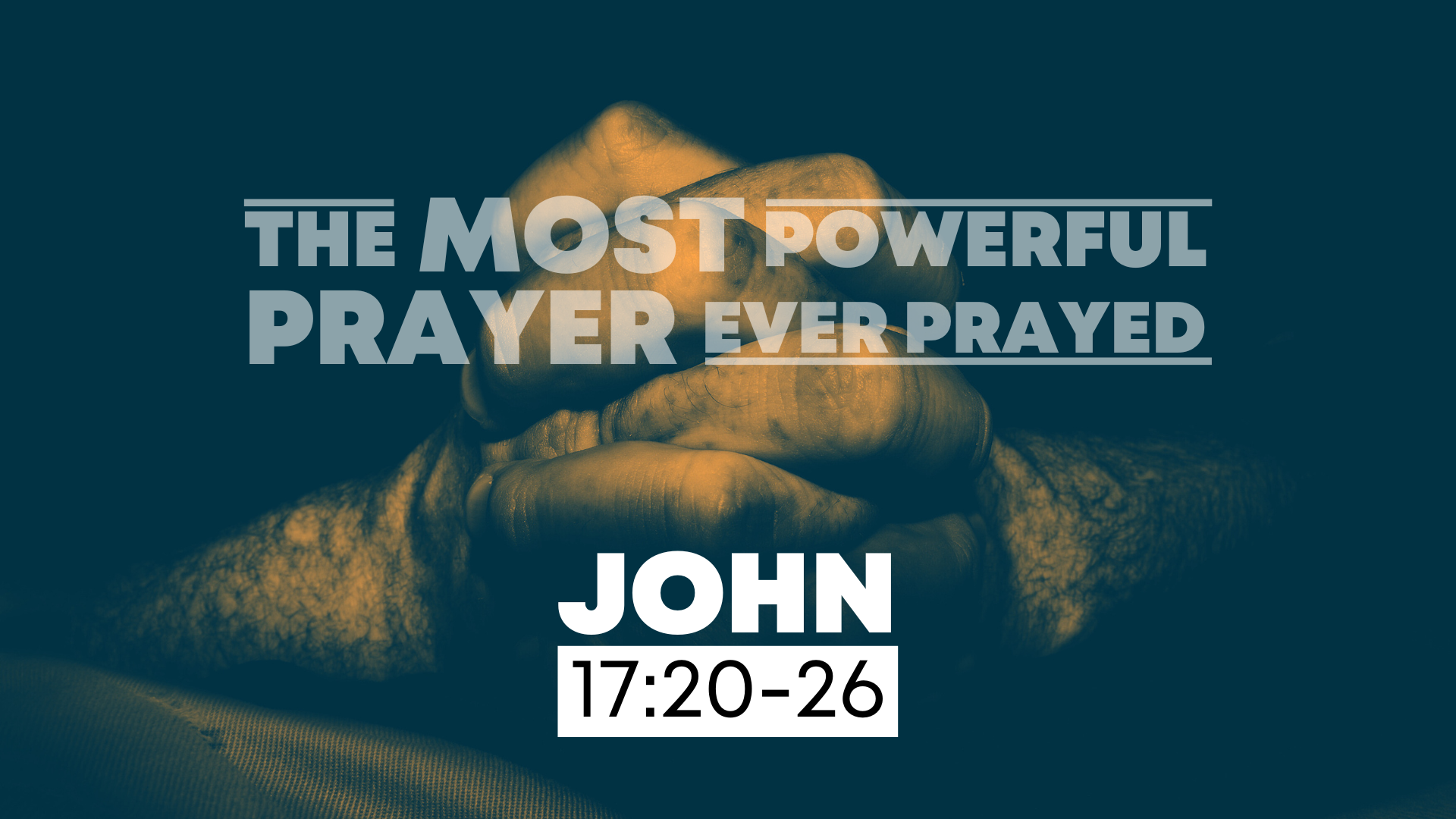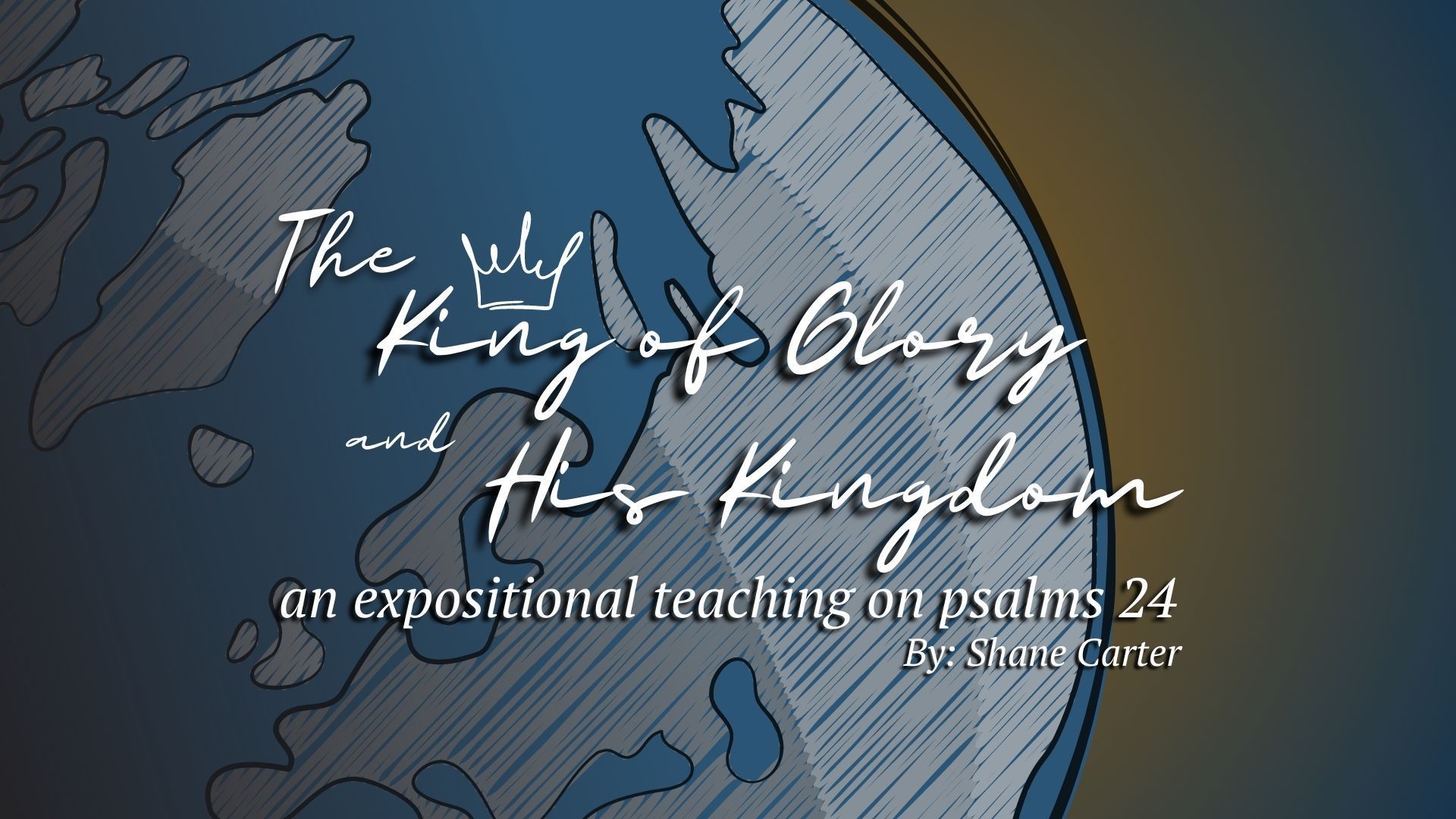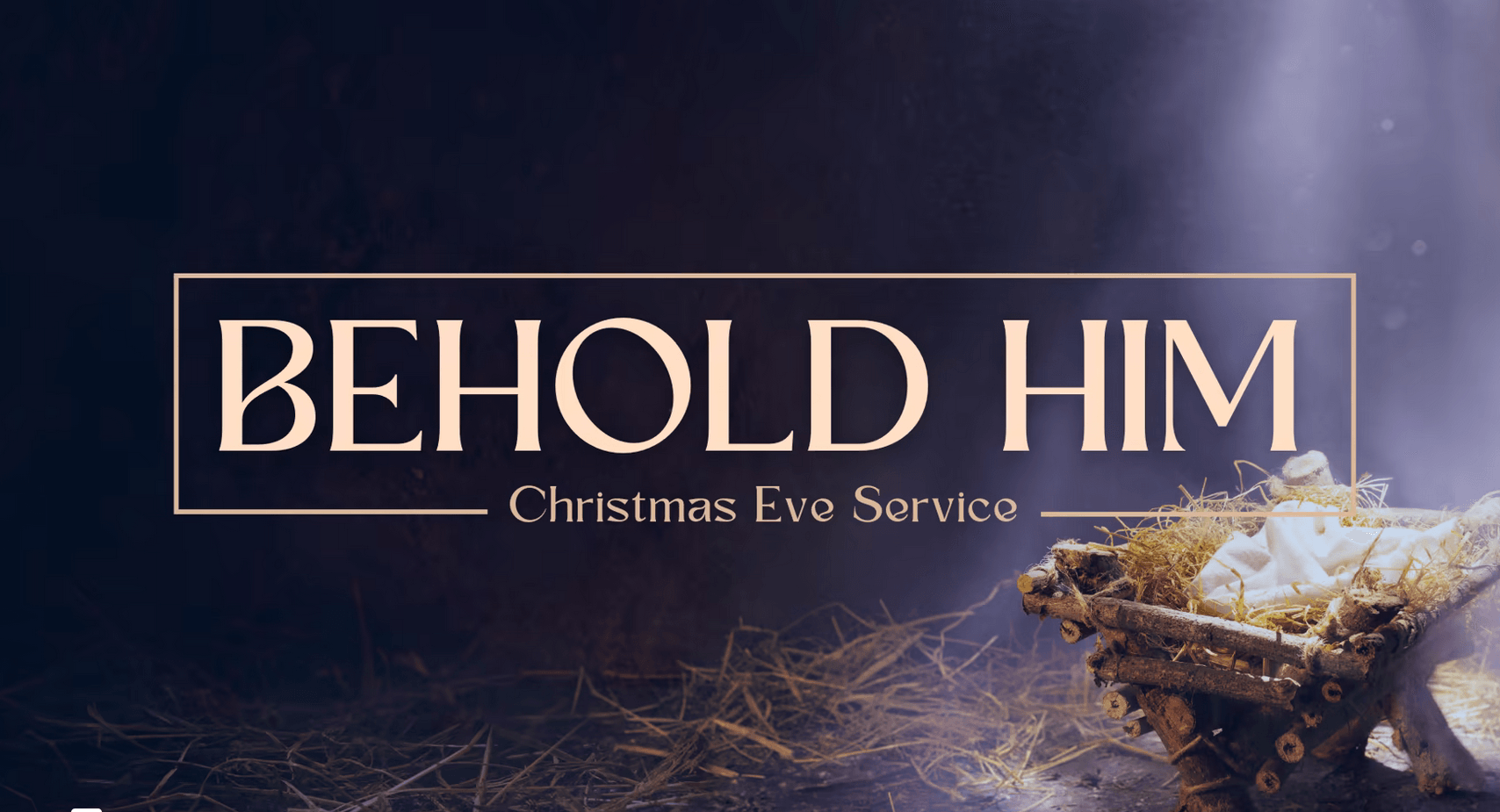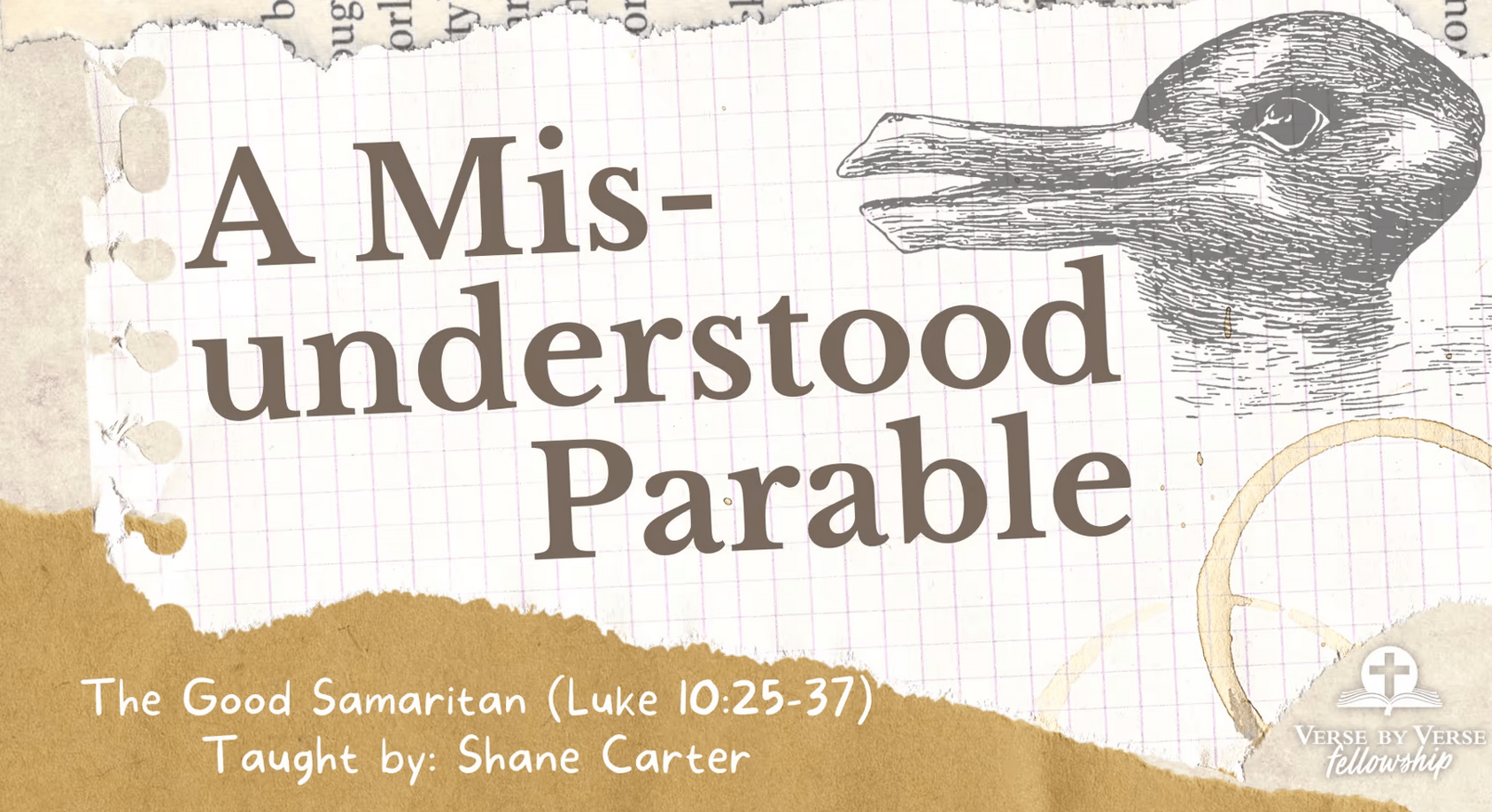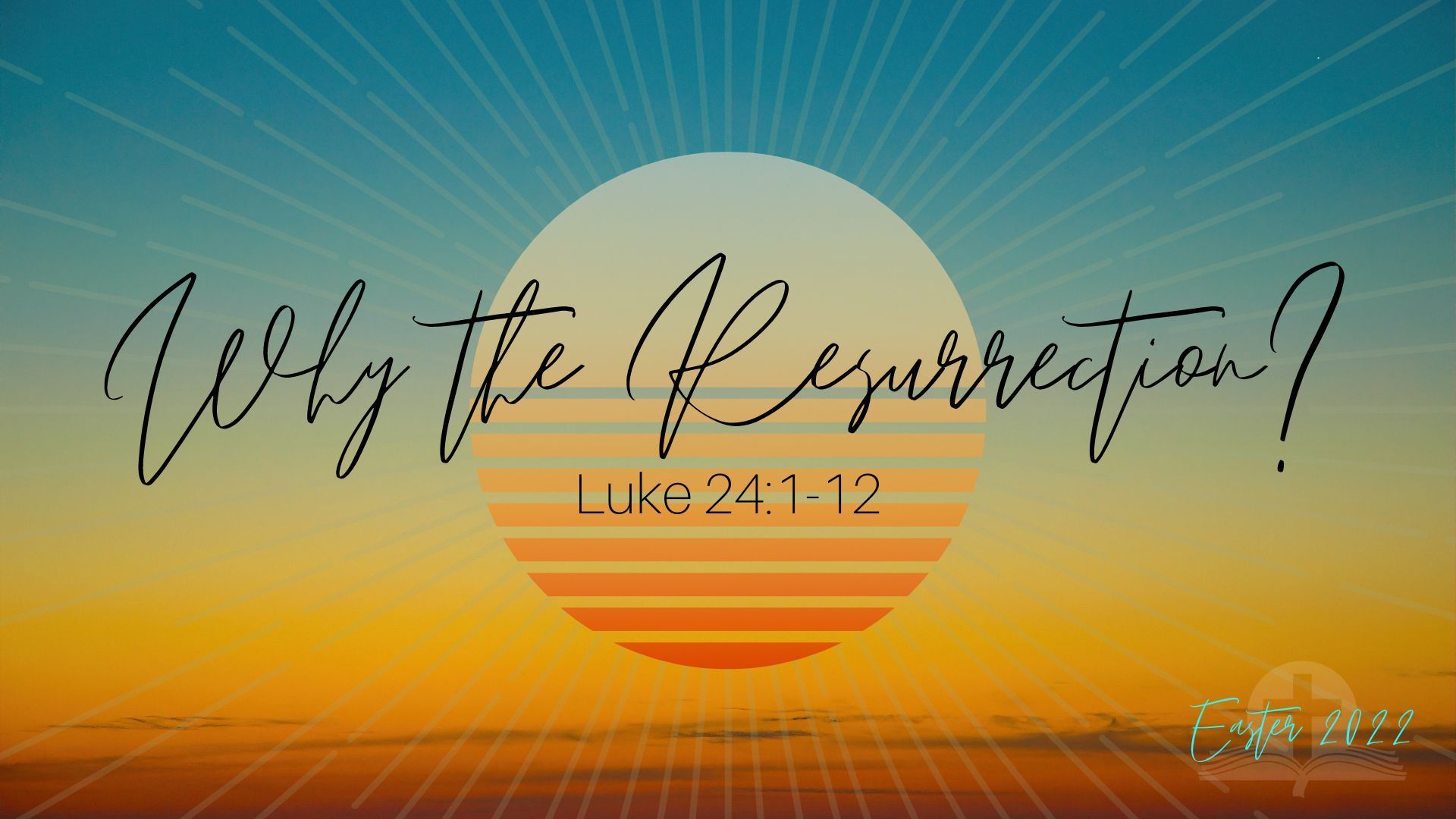MANUSCRIPT
Proverbs 1:1-9
Introduction
Before we dive into Proverbs, I would like to give you an overview of the book:
• historical introduction to the book of Proverbs
• the purpose of Proverbs
• the definition of what a proverb is
• the definition of wisdom what wisdom is
First and foremost, Proverbs was written under the divine inspiration of God as all Scripture is.
Most of the Proverbs were written primarily during Solomon’s reign from 970–930 BC.
The earliest collection of the proverbs, Proverbs 25:1–29:27, titled “proverbs of Solomon which the men of Hezekiah king of Judah copied,” came into being a collection of proverbs around 700 BC.
The book of Proverbs is the first book of the Bible to be prefaced by the name of the assigned author, in this case Solomon.
As the Psalms are ascribed to David, so the book of Proverbs is ascribed to Solomon.
The 30th and 31st chapters, are written by Agur and Lemuel respectively.
It is probable that out of the “three thousand proverbs” (1 Kings 4:32) which Solomon spoke, he selected and edited Proverbs 1:1–24:34 during his life.
Proverbs 25:1–29:27 were also of his production, and copied out in the days of Hezekiah, by his “men,” and perhaps the prophets Isaiah, Hosea, and Micah.
The word proverb typically refers to a short clever saying that offers some kind of wisdom, but of the actual proverbs within the book of Proverbs are found in chapters 10 – 29.
This leads us to a question. What is a proverb? A proverb is a succinct sentence, concisely expressing some well-established truth in various illustrations and applications.
The word has its origin in Latin, literally meaning for a word, speech, or discourse; that is, one expression for many.
The Hebrew word for “proverb” (mashal) which means a “comparison.”
Many scholars believe it was used because the form of a proverb or a matter of the proverb, or both, involved the idea of a comparison.
Most of the proverbs or comparisons are in couplets or triplets, or some modifications of them.
The members of these combinations correspond in structure and in length, as if arranged to be compared one with another. They illustrate the varieties of parallelism, which is a distinguishing feature of Hebrew poetry.
In some cases, the designed or intentional omission of one member of the comparison within a proverb, presents the proverb as a “riddle” or “dark saying.”
The “riddle” or “dark saying” is designed to prompt the reader of the proverb to seek wisdom and understanding from God.
The style of a proverb became the foundation for the parables we see given in Scripture, especially in the Gospels. However, there is a distinction between the two.
A proverb is a short, concentrated parable, and a parable is an extension of a proverb that provides a full illustration and comparison.
The book of Proverbs is designed with an introduction in chapter 1:1-9 and it links this book to King Solomon. If you remember the story in 1 Kings chapter 3, this is where Solomon had asked God for the wisdom to lead Israel well.
God granted Solomon wisdom and Solomon became known as the wisest man in the ancient world. And we are told in 1 Kings chapter 4, that he wrote thousands of proverbs and poems and collected knowledge about plants and animals.
Essentially, Solomon became the main source for Israel’s wisdom literature during his life and after he died.
As I mentioned before, the book of Proverbs was not all written by Solomon personally, he is simply accredited to the book and his wisdom is where Israel’s wisdom tradition got its start.
The introduction of Proverbs says that by reading this book, you can gain wisdom. Now wisdom for most of us means knowledge, but the Hebrew word “khokamah” means much more than just mental activity or thinking. It refers to action.
So, when you think of wisdom, think of a skill or applied knowledge.
A good example of this can be found back in the book of Exodus chapter 31. Chapter 31 tells us that it was the artists and craftsman that were said to have wisdom, “khokamah.” They had a skill or applied knowledge in their area or field of expertise.
With that being said, the purpose of this book is to help you and I develop a set of practical skills for living a life that honors God.
This purpose of living a life that honors God gets directly linked to another key idea in the introduction, “the fear of the Lord.”
The fear here is not about terror, it is about a healthy sense of reverence and awe for God and our position in relationship to Him.
It is a mindset, that recognizes that I am not God and that I do not get to make up my own definitions of good and evil or right and wrong.
It is a mindset that tells us that we need to humble ourselves before God and embrace God’s definition of right and wrong even if that is inconvenient for us.
This introduction also leads us into the first main section of the book, chapters 1 -9 which does not contain the short one-liner proverbs.
What we find here in chapter 1 – 9 are 10 speeches from a father to a son, about how the son should listen to wisdom and cultivate a healthy fear of the Lord.
The Father wants the son to a life of virtue, integrity, and generosity, all of which lead to success and peace.
The father also warns his son also about folly and evil and unwise decisions that will breed selfishness and pride. All of which can potentially lead to ruin and shame.
Considering these 2 dynamics, the son should make the pursuit of wisdom and the fear of the Lord his highest goal in life.
It is this way of thinking, contrasting good and evil from God’s perspective that forms the Biblical moral logic of the entire book of Proverbs.
Now these speeches from the father helps us understand what Biblical wisdom literature is and how it is different from other parts of the Bible.
Biblical wisdom literature explores how to live well in God’s world, but the wisdom contained within them is not the same as law, like what Moses gave Israel at Mount Sinai.
Biblical wisdom literature is not the same as prophecy, divine speech given to God’s people. More accurately, Biblical wisdom literature has been given to us to show us and instruct us how to live life in a way that honors God and others.
In other words, God is providing wisdom to us and He calls us to hear it and apply it, which connect us to the other thing we find in Chapters 1 – 9, the 4 poems from Lady wisdom.
Here, wisdom has been poetically personified as a woman who calls out to humanity to pay attention to her words and seek her.
Wisdom says that she is woven into the fabric of God’s creation, so wherever you see people making wise decisions they are relying on lady wisdom.
For example, if you see someone being generous or having sexual integrity or upholding justice they are drawing on wisdom.
The lady wisdom poems are a creative poetic way of exploring the reality that we live in God’s creation.
It shows us that goodness and justice are objective realities created and established by God, and if we ignore wisdom, we do so at our own peril.
However, if we live wisely according to the Word of God and fear the Lord, we do benefit our own life.
Now together, these two sets of speeches from the father and lady wisdom make a powerful claim about the book of Proverbs. The claim is that you are not simply reading good advice, you are reading God’s own invitation to learn wisdom from Him.
In the next section of the book, chapters 10 – 29, we find hundreds of ancient proverbs and they apply wisdom and the fear of the Lord to every life topic you can image;
• family,
• work,
• neighbors,
• friendships,
• marriage,
• money,
• forgiveness,
• alcohol,
• debt,
• etc.…
and these topics are all filtered through the value system of Proverbs chapters 1 – 9.
Most of these proverbs are all pretty short, they are easy to memorize, and this section of Proverbs is meant to become a reference work that you return to time and time again throughout the years.
Now this raises some important issues about learning how to read these proverbs.
First, proverbs are by nature about probabilities or likelihoods.
So, if you fear the Lord and you make wise choices things will likely go well for you. And, if you do not fear the Lord and live foolishly, your life will likely not go so well.
Now, this is all often true, but it is not always the case. Which leads to the next point.
Proverbs are not promises, and they are not formulas for guaranteed success as some would assume.
For example, Proverbs 10:27 says, “The fear of the Lord prolongs days, But the years of the wicked will be shortened.” Or Proverbs 22:6 says, “Train up a child in the way he should go, And when he is old he will not depart from it.”
So yes, fearing God and being a moral person will most likely lead to a better longer life and raising your kids in a stable loving home that honors God’s Word does set them up for a good life.
However, there are no guarantees. Lots of things can and often do go wrong in our world.
So lastly, proverbs by nature focuses on the general rule but not the exceptions, which are many.
If we look to the other books about wisdom, Job and Ecclesiastes, they are not ignorant about these exceptions. In fact, the exceptions are what the other wisdom books Job and Ecclesiastes are all about.
Together these books acknowledge that life is to complex for simple formulas, which is why we need all the wisdom books (Proverbs, Job, and Ecclesiastes) together to get the bigger picture.
This all leads to the final section of Proverbs, 2 large collections of poems found in Proverbs chapters 30 and 31.
The first of these in chapter 30 are poems from a man named Agur. Agur begins by acknowledging his own ignorance and folly and his great need for God’s wisdom (Proverbs 30:2-3).
Then Agur discovers that divine wisdom has been given to him in the Scriptures, which teach him how to live well.
Agur is put before us as a model reader of the book of proverbs. Someone that is always open to hearing God’s wisdom through the Scriptures and applying that wisdom to his life on a daily basis.
The final poems are connected to a man named Lemuel. He is a non-Israelite king, and he passes on the wisdom that was given to him by his mom.
She passes on guidance for being wise and just leader and then the final poem is an acrostic or an alphabet poem where each line begins with a new letter of the Hebrew alphabet.
The entire poem is about the woman of noble character.
It depicts a woman who lives according to the wisdom of Proverbs and stands like a model of someone who takes God’s wisdom and then translates it into practical decisions in everyday life, at work, at home, in her family, and in her community.
In our quick overview we saw that the book of Proverbs opens with words from a father to a son about listening to lady wisdom, and we see that the book of Proverbs closes by offering the words of a mother to her son about a woman who lives according to wisdom.
The book of Proverbs is for every person in every season of life. It is a guide to living wisely and well in God’s good world and that is what the book of proverbs is all about.
Now that we know a little about the history of Proverbs, the purpose of the book, and the main sections of Proverbs, let us look at Proverbs 1:1-9.
“1 The proverbs of Solomon the son of David, king of Israel:
2 To know wisdom and instruction,
To perceive the words of understanding,
3 To receive the instruction of wisdom,
Justice, judgment, and equity;
4 To give prudence to the simple,
To the young man knowledge and discretion—
5 A wise man will hear and increase learning,
And a man of understanding will [b]attain wise counsel,
6 To understand a proverb and an enigma,
The words of the wise and their riddles.
7 The fear of the Lord is the beginning of knowledge,
But fools despise wisdom and instruction.
Shun Evil Counsel
8 My son, hear the instruction of your father,
And do not forsake the law of your mother;
9 For they will be a graceful ornament on your head,
And chains about your neck.”
“1 The proverbs of Solomon the son of David, king of Israel:”
The opening verse provides us with an understanding of who the book of Proverbs is accredited to, Solomon the son of David, the king of Israel.
If you remember, Solomon is the son of David and Bathsheba who was married to Uriah the Hittite. David had Uriah killed in the front line of battle once David had discovered that Bathsheba was pregnant with his child after their affair.
Solomon was Born around 1010 BC and was the tenth son of King David (the second king of ancient, united Israel) and the second son of Bathsheba.
Before his death in 961 BC, David gave his throne and his final admonition to his son, Solomon, saying, “Keep the charge of the Lord your God: to walk in his ways, to keep his statutes, his commandments, his judgments, and his testimonies, as it is written in the Law of Moses, that you may prosper in all that you do and wherever you turn. . . for you are a wise man” (1 Kings 2).
Like King Saul and King David, King Solomon reigned for 40 years in one of the highest and most prosperous periods in Israel's history - called by many, “The Golden Age” of Israel.
During his reign, Solomon controlled the trade routes coming out of Edom, Arabia, India, Africa, and Judea; he constructed an elaborate and profitable web of alliances which were cemented by an enormous assemblage of hundreds of wives and concubines, and he built the first Temple of God in Jerusalem, which was destroyed (along with the entire city of Jerusalem) by the Babylonians around 586 BC.
Solomon's prosperity and success were also achieved through ingenious reforms and innovations such as the improvement of defense measures; the expansion of the royal court; the financial windfall from more sophisticated taxation, labor conscriptions of Canaanites and Israelites, tributes and gifts from foreign countries under the influence of Solomon; and a land and sea trading system that utilized a powerful navy and army to protect assets and trade routes.
According to the Hebrew scriptures, “The king made silver and gold as common in Jerusalem as stones, and he made cedars as abundant as the sycamores, which are in the lowland” (2 Chronicles 1).
King Solomon was also famous for his international relationships, forming alliances with other nearby powerful nations such as Egypt, Moab, Tyre, Arabia, etc.
Many of these partnerships were cemented through royal marriages and the giving of concubines to Solomon, eventually gaining him 700 wives and 300 concubines.
One of King Solomon's more famous political-amorous relationships was with the Queen of Sheba (which some speculate to be modern-day Yemen), who visited Israel with a lavish tribute of 120 talents of gold.
The Hebrew scriptures state, “And when the queen of Sheba had seen the wisdom of Solomon, the house that he had built, the food on his table, the seating of his servants, the service of his waiters and their apparel, his cupbearers and their apparel, and his entryway by which he went up to the house of the Lord, there was no more spirit in her” (2 Chronicles 9).
Clearly, the Queen was impressed with Solomon and his accomplishments, and the two cultivated an intimate relationship, with Sheba helping create, foster, and maintain Solomon's trading with other Arabian kings.
Despite initial sovereign successes, the end of Solomon's rule was marked by several insurrections and attacks from both foreign and domestic enemies, as well as a disintegration of national and religious integrity because of cultural appeasements within Israel, which compromised and weakened the social fabric of the United Kingdom.
Solomon died in 931 BC at age 80 and was the most prosperous and productive king ever to rule over Israel.
“2 To know wisdom and instruction,
To perceive the words of understanding,”
In verse 2 we see a part of the purpose of the book of Proverbs being revealed to us,
“to know wisdom and instruction.”
The word for “know” in the Hebrew is “yaw-dah” and it literally means “for knowing.”
Verse 2 clearly sets the stage for the purpose and the intention of the book, leading us to understand that we are to read the book of Proverbs to know wisdom and instruction.
The word “wisdom” used in verse 2 is the Hebrew action verb “khok-maw'” and it refers to a skill or an applied understanding which sets the stage for wisdom being the practical application of knowledge and understanding in the aspects of everyday life.
This leads to the third interesting word here in verse 2, “instruction.”
The word instruction in the Hebrew is “moo-sawr'” and it means a discipline in which we are trained.
In other words, the first portion of the introduction of Proverbs tells us that the book is written to provide us with the practical application of knowledge and that instruction is the training part of that practical application of knowledge.
If we think of it logically, the instruction comes to us and then we apply that instruction to our life, which is the practical application of the knowledge we received through the instruction.
“3 To receive the instruction of wisdom,
Justice, judgment, and equity;”
Now the beginning part of verse 3 confirms this logical thought process of wisdom and instruction by saying, “To receive the instruction of wisdom…” The Hebrew for “wisdom” used in verse 3 differs from that of Proverbs 1:2, and denotes discreet counsel.
It goes on to list three specific areas: justice, judgement, and equity.
The Hebrew word for “justice” is “tseh'-dek” and it refers to what is right or just not only from a legal standpoint but a moral and ethical standpoint.
For example, Proverbs 21:15 says, “It is a joy for the just to do justice, But destruction will come to the workers of iniquity.”
The instruction of wisdom tells us that those who are just find joy in doing justice or better put, what is right in the sight of the Lord.
The Hebrew word for “judgment” is “mish-pawt'” and it means a verdict pronounced whether favorable or unfavorable.
For example, Proverbs 18:1 says, “A man who isolates himself seeks his own desire; He rages against all wise judgment.”
The wise judgement here is that a man should not isolate himself and the act or execution of that judgement is that a wise man will not isolate himself.
The third part of this area of wisdom being referred to here is “equity.” The Hebrew word used here for “equity” is “may-shawr'” and it means “uprightness.”
An example of this can be found in Proverbs 15:21 which says, “Folly is joy to him who is destitute of discernment, But a man of understanding walks uprightly.”
In other words, the person that finds joy in folly lacks the ability to judge between right and wrong, however a man of understanding can walk upright because applied understanding has given him the ability to walk in equity.
If we look at all 3 of these specific areas – justice, judgement, and equity in relation to the instruction of wisdom – we start to get a clear picture of how the application of Biblical wisdom affects not only us but those around us and our society.
This is why we need to receive the instruction of wisdom, because it affects every area of our life and every area of our society.
“4 To give prudence to the simple,
To the young man knowledge and discretion”
In verse 4, it goes on to say that another purpose of the book of Proverbs is “to give prudence to the simple.” Prudence means the ability to govern and discipline oneself by the use of reason and the word “simple” used here refers to one who is easily led to good or evil.
Verse 4a is telling us that another part of the purpose of Proverbs is to give us the ability govern and discipline ourselves through the insight wisdom provides us which will cause us not to be easily led into doing evil.
“To the young man knowledge and discretion”
The second part of verse 4 talks to the young man and it is referring to someone who is inexperienced in life. Someone who just does not have experience.
This leads us to another part of the purpose of Proverbs: it is designed to provide those without experience the knowledge and discretion to live a life that honors God.
Wisdom is the tool by which those without experience can discern between good and evil, right and wrong.
“5 A wise man will hear and increase learning,
And a man of understanding will attain wise counsel,”
In the first part of verse 5 we see that “A wise man will hear and increase learning.”
The Hebrew word used for “hear” is “shaw-mah” and it means to hear intelligently, and it implies that the hearer acts in obedience to what he hears.
This is where the second part of verse 5 comes into play, “and increase learning.”
By hearing and acting on the words of wisdom we will increase learning.
Think of it this way. You have started a new job, you received instruction on how to do that job, but as you apply the instruction you received you learn more and get better at your job.
The second part of verse 5 plays a supportive role to what was said in the beginning of verse 5.
It supports the beginning of verse 5 by saying that “a man of understanding will attain wise counsel,”
The Hebrew word for “attain” is “kaw-naw” and it means to “procure” or to “obtain.”
The Hebrew word phrase for “wise counsel” is “takh-boo-law” and it refers to the principles of governing which links us back to the first part of verse 4 purpose, the part about the wisdom in Proverbs giving us the ability govern and discipline ourselves.
So, if we look at this in its context, we see that a man of understanding will procure or obtain wise counsel or the principles that offers us the ability to govern and discipline ourselves.
Another purpose that is revealed to us in the introduction of Proverbs is found in verse 6.
“6 To understand a proverb and an enigma,
The words of the wise and their riddles.”
The book of Proverbs is also designed to help us understand a proverb or enigma, the words of the wise and their riddles.
The book of Proverbs, as you read it again and again in its entirety, explains itself, the proverbs contained within it and the wise and their riddles.
This is one of the major reasons why we should read this book over and over again.
As we move on into verse 7, it sets the stage for beginning of knowledge by saying,
“7 The fear of the Lord is the beginning of knowledge,
But fools despise wisdom and instruction.”
The fear here is not about terror, it is about a healthy sense of reverence and awe for God and our position in relationship to Him.
It is a mindset, that recognizes that I am not God and that I do not get to make up my own definitions of good and evil or right and wrong.
It is a mindset that tells us that we need to humble ourselves before God and embrace God’s definition of right and wrong even if that is inconvenient for us.
This mindset is the beginning of knowledge, because when you have a reverence for God and you humble yourself before God, you are placing yourself in a position to receive knowledge from God.
Through this mindset you are submitting to God and you are saying to God, “You know what is best for me, and You know how I should live my life.”
Now the second part of verse 7 is interesting because it tells us that “fools despise wisdom and instruction.” It creates a contrast between those who fear the Lord and those who are foolish.
It blatantly tells us that fools will despise wisdom and instruction, that they will consider it insignificant to their lives.
This leads us to verse 8:
“8 My son, hear the instruction of your father,
And do not forsake the law of your mother;
In this verse the writer provides a direct, loving, and tender appeal.
The form of that appeal, “My son,” which is continually repeated throughout these opening chapters, is the foundation in which all the succeeding exhortations and counsels are set.
It indicates not only the fatherly relation which the Teacher assumes towards the young and inexperienced whom he has undertaken to instruct, but also the true source and authority of the teaching he will give them – God.
“The instruction of the father,” and “the law of the mother” are to be accepted with childlike submission and unquestioning obedience
“The instruction of the father,” and “the law of the mother” will lend grace and dignity to the life and character of the son.
Our final verse for tonight is verse 9:
“9 For they will be a graceful ornament on your head,
And chains about your neck.”
Ornaments and chains were considered to have great financial value and this verse provides us with an illustration of the perceived value of hearing and obeying “The instruction of the father,” and “the law of the mother.”
Essentially, it lets us know that wisdom is extremely valuable.
With that being said, I want to close with Proverbs 4:7 which says, “Wisdom is the principal thing; Therefore get wisdom. And in all your getting, get understanding.”
God is calling us to get wisdom and to get understanding, and the only way that we can do that is through a relationship with Him combined with the study of His Word.
We must be intentional about our relationship with God.
We must be intentional about pursing the wisdom contained in His word.
Through Him, we must get wisdom and understanding.

Taught by Matthew McWaters
Associate Pastor of Verse By Verse Fellowship
Single Sermons


